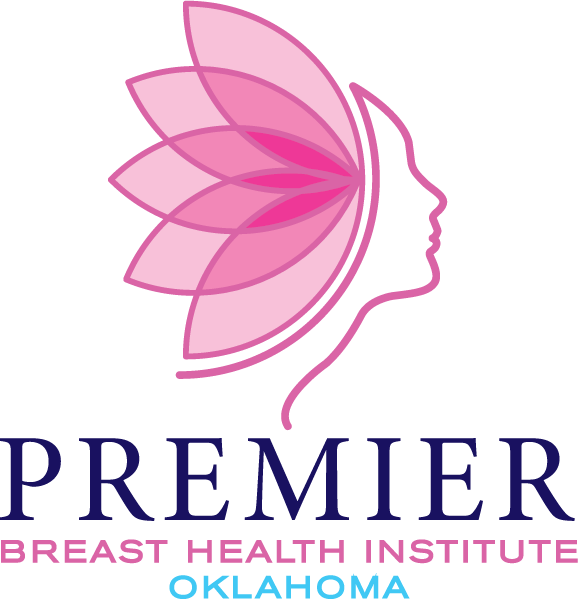
Bone Density Screening

Understanding Bone Health
We recognize that bone health is a vital component of overall wellness. Our Bone Density Screening services are designed to assess the strength and integrity of your bones, helping to identify conditions like osteoporosis and osteopenia early on. By understanding your bone health, we can work together to build a strong foundation for your overall well-being.

What Is a Bone Density Test?
A Bone Density Test, commonly known as a DEXA (Dual-Energy X-ray Absorptiometry) scan, is a non-invasive, painless procedure that measures the mineral content and density of your bones. This test is the gold standard for diagnosing osteoporosis and assessing fracture risk. It typically focuses on areas most susceptible to fractures, such as the spine, hip, and sometimes the forearm.
Who Should Consider Bone Density Screening?
Bone density screening is particularly important for individuals at increased risk of bone loss and fractures.
You may benefit from a bone density test if you:
-
Are a woman aged 65 or older
-
Are a man aged 70 or older
-
Are postmenopausal with risk factors for osteoporosis
-
Have experienced a fracture after age 50
-
Have lost 1.5 inches or more in height
-
Use medications that can weaken bones, such as corticosteroids
-
Have medical conditions like rheumatoid arthritis or thyroid disorders
-
Lead a lifestyle with limited physical activity, smoking, or excessive alcohol consumption

What to Expect During the Procedure
Preparation:
You'll be asked to lie on a padded table. It's advisable to wear loose-fitting clothing without metal zippers or buttons. You may need to remove any metal objects, such as jewelry.
Scanning:
A scanning arm will pass over your body, emitting low-dose X-rays to measure bone density. The procedure typically focuses on the hip and spine areas.
Duration:
The entire process usually takes between 10 to 30 minutes.
Post-Procedure
There's no downtime required. You can resume your normal activities immediately after the test.
Understanding Your Results
The results of your bone density test are presented as T-scores and Z-scores:
T-score:
Compares your bone density to that of a healthy young adult. A T-score of -1.0 or above is considered normal; between -1.0 and -2.5 indicates low bone mass (osteopenia); and -2.5 or below signifies osteoporosis.
Z-score:
Compares your bone density to what's expected for someone of your age, sex, and body size. A significantly higher or lower Z-score may indicate a need for further medical evaluation.
Your healthcare provider will discuss your results with you and, if necessary, recommend lifestyle changes, dietary adjustments, or medications to improve your bone health.
Why Premier Breast Health
We combine cutting-edge technology with compassionate, individualized care to support your long-term wellness. Our team takes the time to understand your health history and lifestyle, offering personalized guidance that is right for you. With a commitment to early detection, comfort, and clarity, we’re here to help you feel confident in your care.



